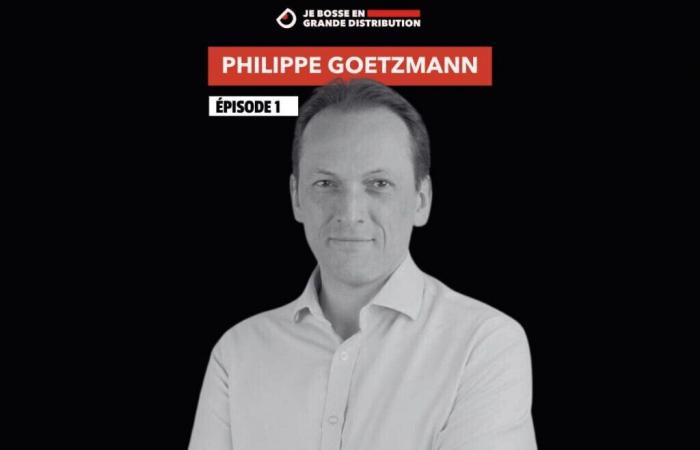We know it, we read it, we observe it… mass distribution is changing. At the intersection of consumption, politics and social transformations, the sector is experiencing a major upheaval.
This is what Philippe Goetzmann brilliantly illustrated to us over three episodes on the podcast. In this first episode, he shared his insights with us on the profound changes in the sector and the challenges ahead.
An industry as a reflection of society
Philippe Goetzmann describes mass distribution as “a reflection, not perfect, but perhaps the best, of political and societal issues”. THE changes in consumption often reflect economic and social upheavalsand this can be seen even on the shelves of hypermarkets. “All the major political questions are in fact found in a hypermarket, whether on the consumer side or the employee side,” he underlines.
A former executive at Auchan, he now supports companies in the sector to understand these changes. The situation of Auchan, for example, illustrates these challenges. Asked about the company's difficulties, he replied: “What would have been worrying is for them to do nothing”, and to quote René Char to describe the group's current approach: “Lucidity is the most serious wound. closer to the sun.
The current model, based on massification, is in the process of changing. The real challenge is to transform the drop in volume into an opportunity”
Distribution facing fragmentation and deconsumption
The fragmentation of society is another key phenomenon. “Everything under the same roof is disappearing,” observes Philippe Goetzmann. Whereas previously, hypermarkets responded to the converging needs of a large middle class, consumer expectations are diversifying. This diversity forces brands to rethink their model. “The question is not the size of the store, but which consumer we are addressing and how we meet their needs,” he says.
As for the phenomenon of deconsumption, it deserves to be nuanced. “It is not that the French consume less, but the consumption moves.” He explains that population growth, which has long supported consumption, is stagnating. In parallel, consumption patterns are changing : services take precedence over physical products, and ecological concerns encourage a reduction in waste. According to him, “over the next 10 years, the volume of food consumption could drop by 15 to 20%, but that is not a bad thing in itself.”
To adapt, companies must review the way they create value. “The current model, based on massification, is in the process of overturning. The real challenge is to transform the drop in volume into an opportunity,” he concludes.
In this episode, our guest reminds us of the complexity of the issues currently facing major retail players. Commerce, much more than an economic sector, is the mirror of the transformations in our society.
Newsletter
Ideas, stories and resources to understand the commerce of tomorrow. Every Friday, the best of our content.
Join +10,000 registrants






